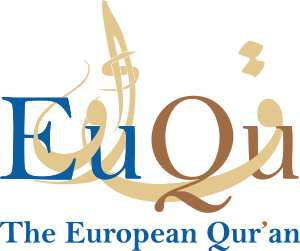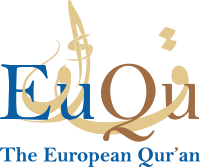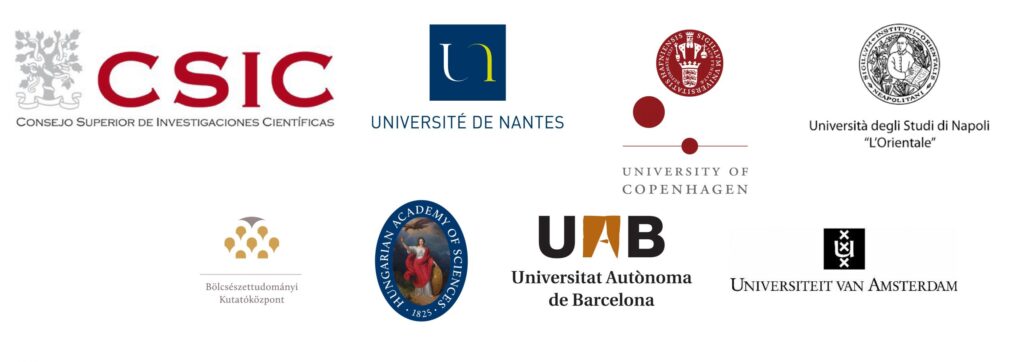PhD Candidates
Pierre Courtain studies the reception of the Qur’an in the Dominican Order in the XIIIth century, with an emphasis on Ramon Martí’s works and perspective.
The thesis will result in a modern critical edition of the Xth book of the De procuranda salute omnium gentium (1613) by Spanish Carmelite Tomás de Jesús.
Yaser Gün obtained a BA degree in Sociology (Université de Nantes) and a Master’s Degree in Religious Studies (Université d’Artois, France). In his dissertation, he worked on the link between Islam and ecology, in a multidisciplinary approach.
Kentaro Inagaki (PhD, University of Copenhagen, 2024) is currently Lecturer at the Faculty of Humanities, Yamaguchi University, Japan. Within the EuQu project, he completed a PhD dissertation on Levinus Warner (d. 1665), the German orientalist scholar and Dutch diplomat to the Ottoman Empire, who is best remembered as an avid collector of manuscripts. Based on the dissertation Kentaro is now preparing a monograph, which shall explore Warner's profile as an orientalist scholar. As part of his postdoctoral research, he is now studying Ottoman interlocutors who visited seventeenth-century Europe and worked together with European scholars. He is particularly interested in the life and work of Şāhīn Ḳandī al-Ḥalabī, an Armenian Christian from Aleppo who worked for / with such scholars as Jacobus Golius, Theodor Petraeus, and Hieronymus Harder. His research interest also includes the history of oriental studies in the early modern Dutch Republic, German-speaking countries, and Scandinavia.
Adrián Rodríguez Iglesias is a PhD candidate at the Universidad de Oviedo and the Universiteit van Amsterdam whose PhD project focus on some specific textual production of the Qur’an among mudéjares and moriscos: abbreviated Qur’ans. He develops his work at the Consejo Superior de Investigaciones Científicas in Madrid.
Loriana Salierno is a postdoctoral researcher at the Università degli Studi di Napoli “L’Orientale.” She holds MAs in Philosophy (2010) and Philology (2019), and a PhD in Asian, African, and Mediterranean Studies (2024), with a focus on Philological and Literary Studies.
Her research focuses on hermeneutics, textual analysis, and the translation of classical and sacred texts, as well as the history of religions, with particular emphasis on Christian–Muslim interaction.
She is currently involved in the ERC Synergy Grant project The European Qur’an: Islamic Scripture in European Culture and Religion (1150–1850). Her project examines Ludovico Marracci’s translation of the Qur’ān and the Lead Books of Granada, exploring how linguistic choices contribute to the construction of theological meaning and shape interreligious discourse.
Maxime Sellin obtained a BA degree in Arabic, literature and civilization at the University of Toulouse Jean Jaures. His formation and curiosity led him to study the history of the Balearic Islands during the Middle Ages and Islamic theology. He obtained a Master’s degree in History at the University of Le Mans. He wrote his dissertation on San Clemente of Toledo, a royal mozarabic nunnery between the 12th and the 13th centuries.
Irene Vicente López de Arenosa is a PhD candidate in Islamic and Arabic Studies within the ERC Synergy project The European Qur'an, based at the Autonomous University of Barcelona and the CSIC. Her research focuses on religious controversy and Orientalism between the Iberian Peninsula and Morocco in the 17th century, with particular emphasis on the Franciscan mission in Marrakesh. Her thesis examines the Franciscans’ role in relation to Christian captives, their involvement in diplomatic relations between Philip IV and the Saadian sultan Mawlāy Muḥammad al-Šayḫ al-Ṣaġīr, and their participation in interreligious debates with Muslim scholars. Irene has undertaken research stays at institutions such as the Centre Jacques Berque in Rabat and the University of Amsterdam, and maintains a strong interest in topics including religious history, mobility, and slavery in the early modern Mediterranean.
Oliver Salem is a PhD candidate at the University of Naples “L’Orientale”. His interest concerning Arabic manuscripts conserved in Europe, in particular those of the Bibliothèque nationale de France (BnF), started during his Erasmus + activity at Sorbonne Université in Paris which led to the redaction of his master’s thesis in Qurʾānic codicology and paleography. His PhD dissertation points to continuing this work and shed light on the late-medieval Qurʾānic manuscripts which have never been studied if not for artistic purposes.
Sabrije Hoxhaj studies the collection of the Qur'an preserved in the Bushatlinj family manuscripts fund. The Bushatlinj was a noble family that ruled the Sanjak ok Shkodra, a city in north Albania, during the second half of the eighteenth century. The project gives a special regard to the textual data of the texts of the Qur'an aiming to shed light on how the Qur'an was considered by the different Albanian communities, both Muslims and Christians.




